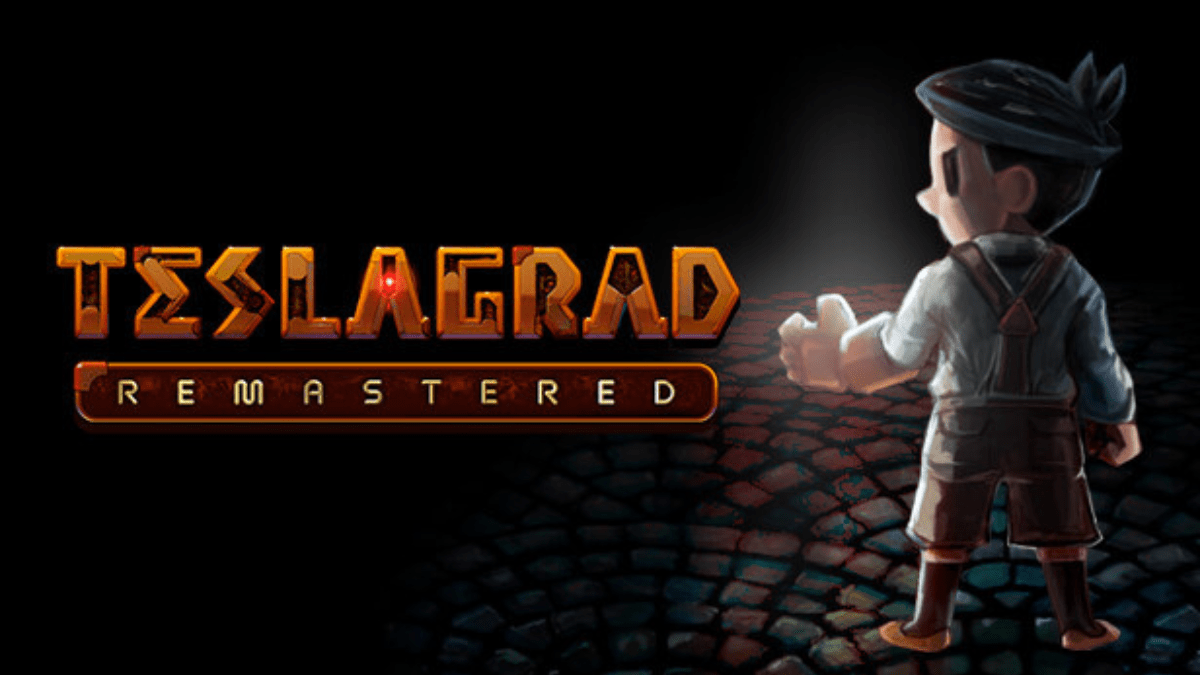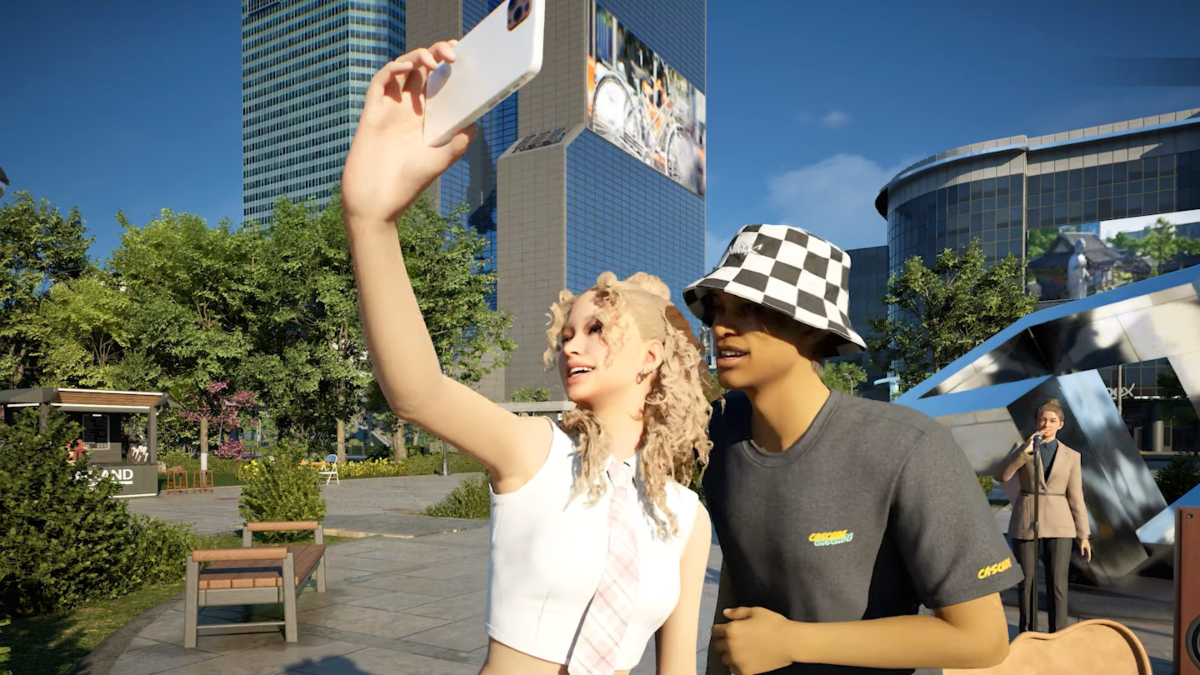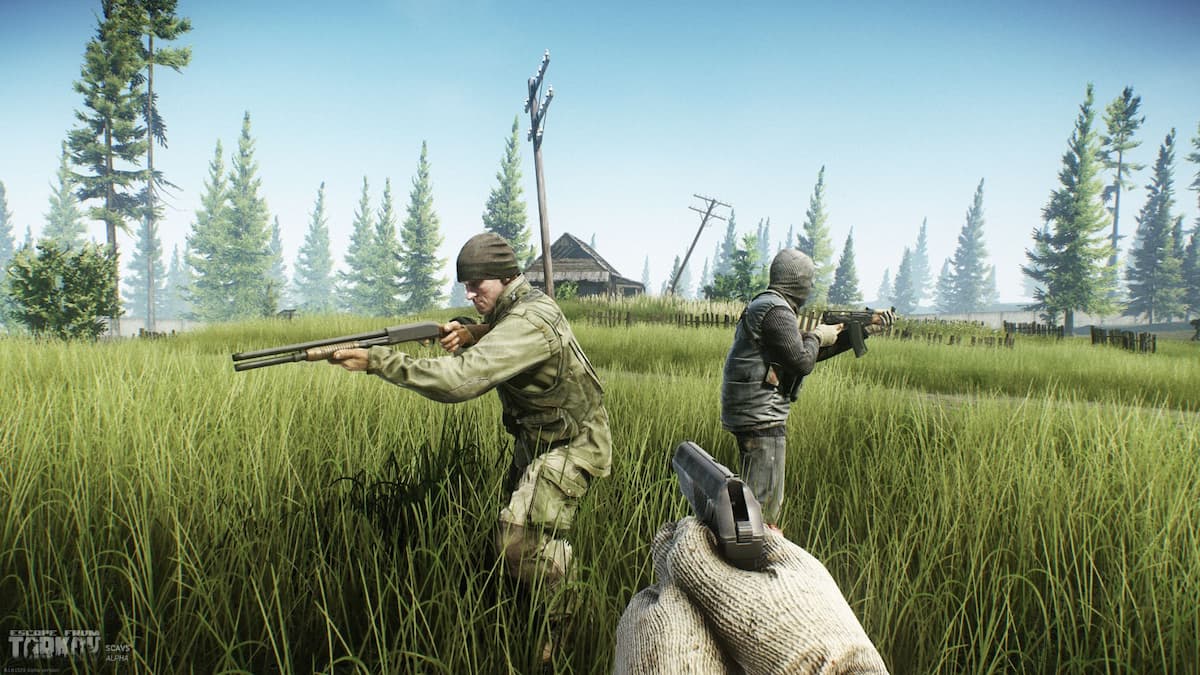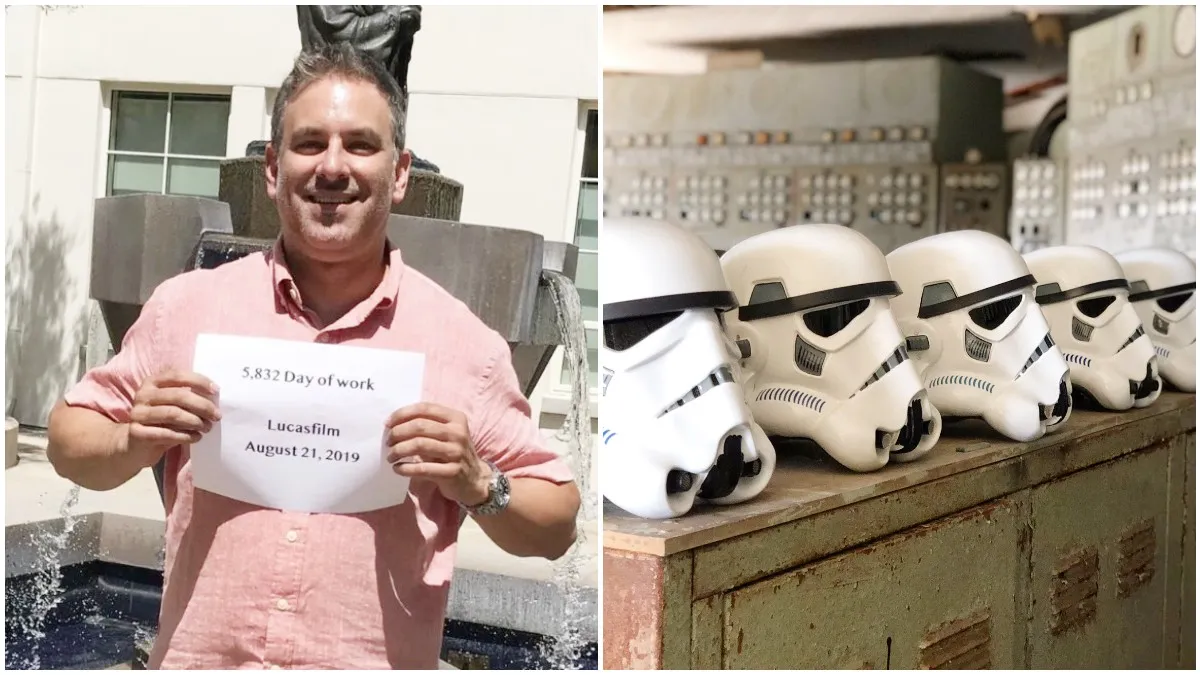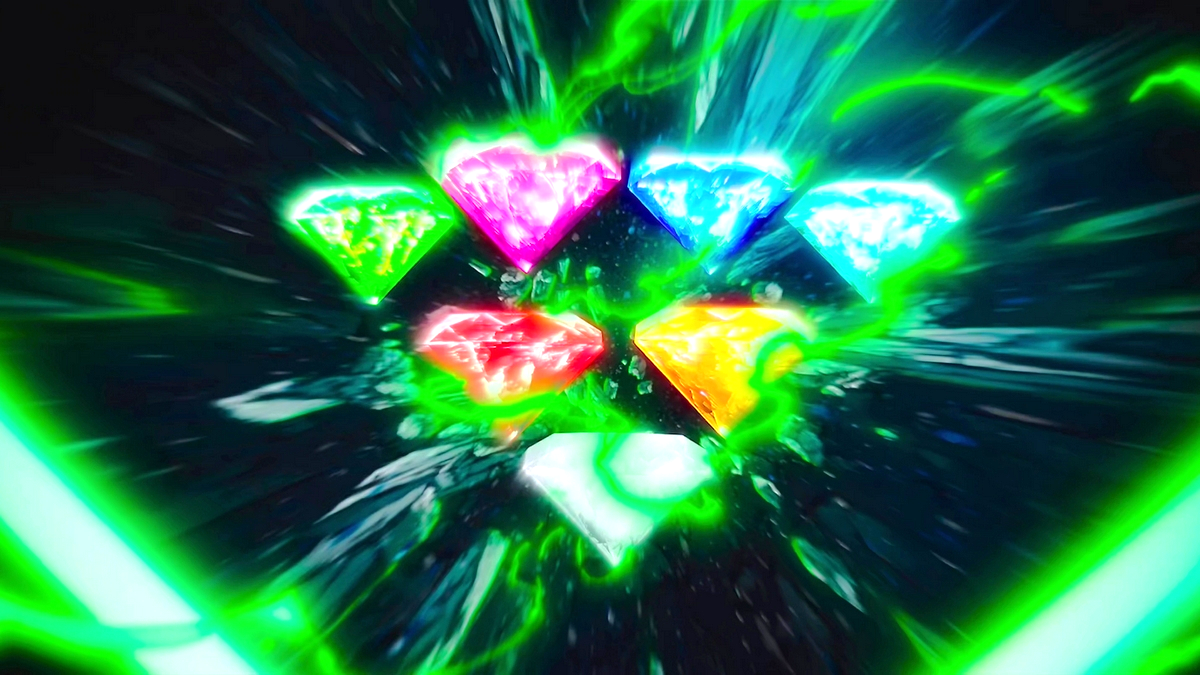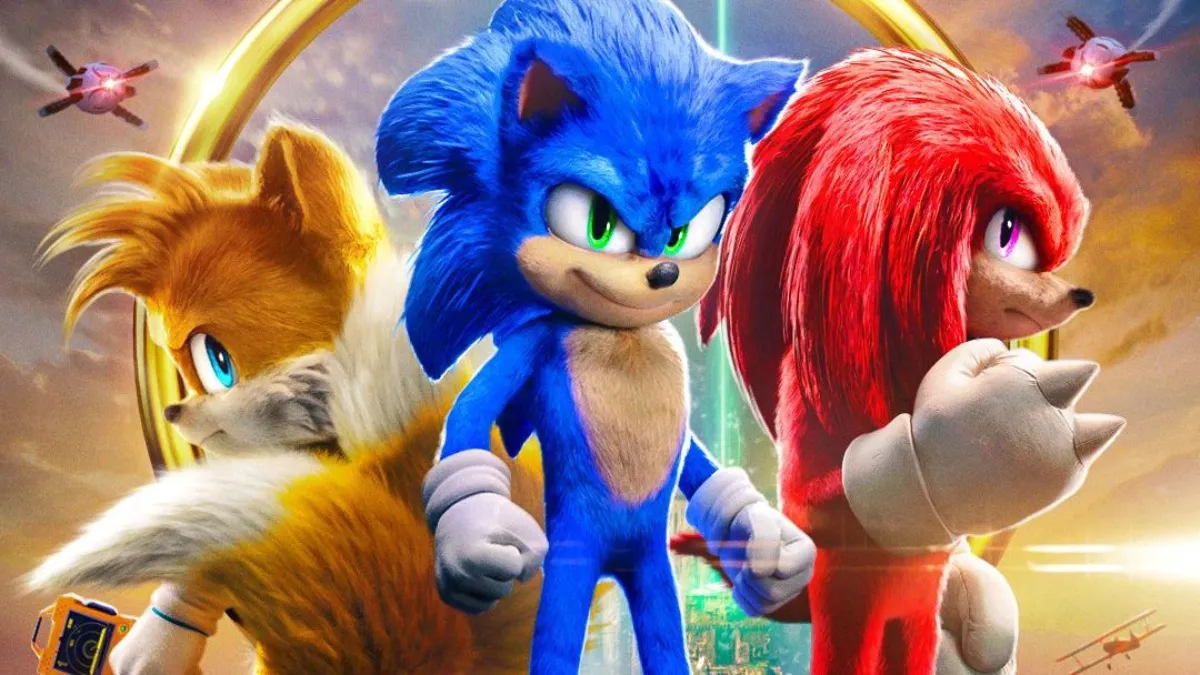I’ve been in an art slump lately: fiction lacks its escapist allure, peak TV invades my timeline but not my living room, and music has been background buzz instead of sock-exploding goodness. Perhaps most devastating is my sheer apathy toward video games, a feeling so pronounced that even news about the newest entry in my favorite series — The Legend of Zelda: Tears of the Kingdom — is met with a disinterested shrug. Still, the only way to get out of a slump is to push through it by force, so whenever something happens to vaguely catch my attention, I go for it.
It’s this logic that loops through my head each time I grit my teeth and seethe with frustration while playing Teslagrad Remastered, the shadow-dropped visual update of Rain Games’ 2013 electromagnetic puzzle platformer. A decade ago, Teslagrad stood out as the type of high-quality, low-cost experience that reaffirmed that independent developers can produce polished experiences worthy of being sold alongside AAA blockbusters. People were drawn to the game — it sold well over one million copies before the 2016 release of its Xbox port — and hailed it as one of the Nintendo eShop’s defining indie experiences. Yet, almost no one is discussing this remaster; reviews are sparse, all the attention focused instead on the decent-enough sequel. But I bought it anyway.
“Why not?” I pondered for a split second, my finger hovering millimeters above the button to purchase the game. People liked this game, which means it must be a worthwhile experience in some teeny, tiny way. All I needed was for Teslagrad Remastered to be good enough, something semi-challenging and semi-fun that roped me back into gaming just in time for Tears of the Kingdom. That wasn’t the case.
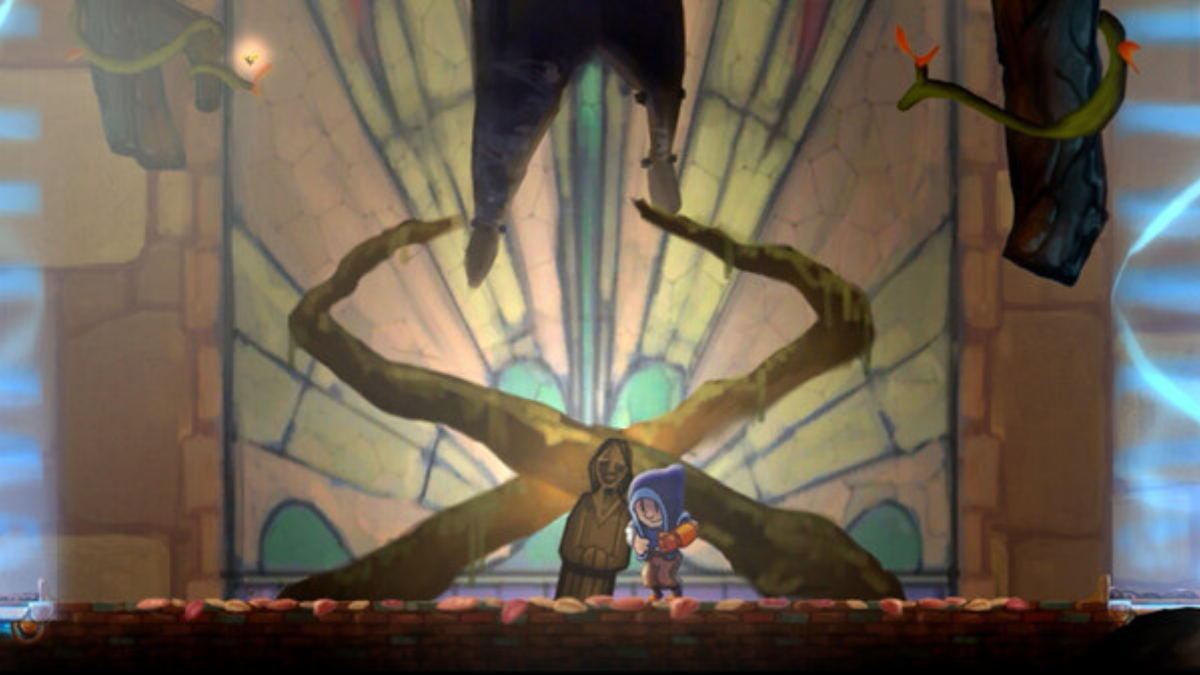
My hours spent with Teslagrad Remastered were filled not with joy and adoration, but spite and frustration. My initial awe at the electromagnet mechanics quickly devolved into hatred because everything felt a little off for my satisfaction: jumping was a bit too heavy, the magnets a tad too wonky, and the dash a bit too short. The puzzles were basic, except for sudden bursts of difficulty that required a mix of coordination and untaught mechanics to proceed. The various bosses were abusive exercises in pattern recognition, asking players to memorize each and every attack rather than practice their acquired skills.
Don’t get me wrong: Teslagrad isn’t a bad game. It’s just mid — something almost entirely unremarkable but (mostly) inoffensive. While playing, it became crystal clear that the game stood out in 2013 because of the lack of good options; when you’re stranded in a desert, stumbling upon even the most polluted water feels like a miracle. In 2023, I have a bevy of options, and my cup is full of delicious, nutritious experiences that any reasonable person would choose over something that could affectionately be described as “potable” or “fine.” But for days, I willingly took swig after swig of Teslagrad Remastered even when it hurt my tummy and brain. What the heck is wrong with me?
There are a few simple answers for why I beat a game I so thoroughly disliked. Logically, the first would be cost, but the game’s $10 price tag didn’t put a large enough dent into my finances to influence my decision-making process. Instead, let me instead point to my pride, the sinful fact that I consider myself a competent — maybe even sometimes talented — gamer who can conquer the challenges that lay ahead of them, poor design be cursed! Giving up on a game felt like letting it — a non-living and non-feeling work of art — win. And I could not let that happen. It’s against my morals. The second answer stems directly from this stubborn pride: if I beat the game and still dislike it, the fact that I bested it provides my negative opinion more weight. After the credits roll, no one can tell me to “give it another hour” or “get to this section” for the game to click, as I will have personal confirmation that it’s simply bad from start to finish. Everyone else is wrong, I am correct, and I have sunk the time (and expended the emotional effort) to prove it.
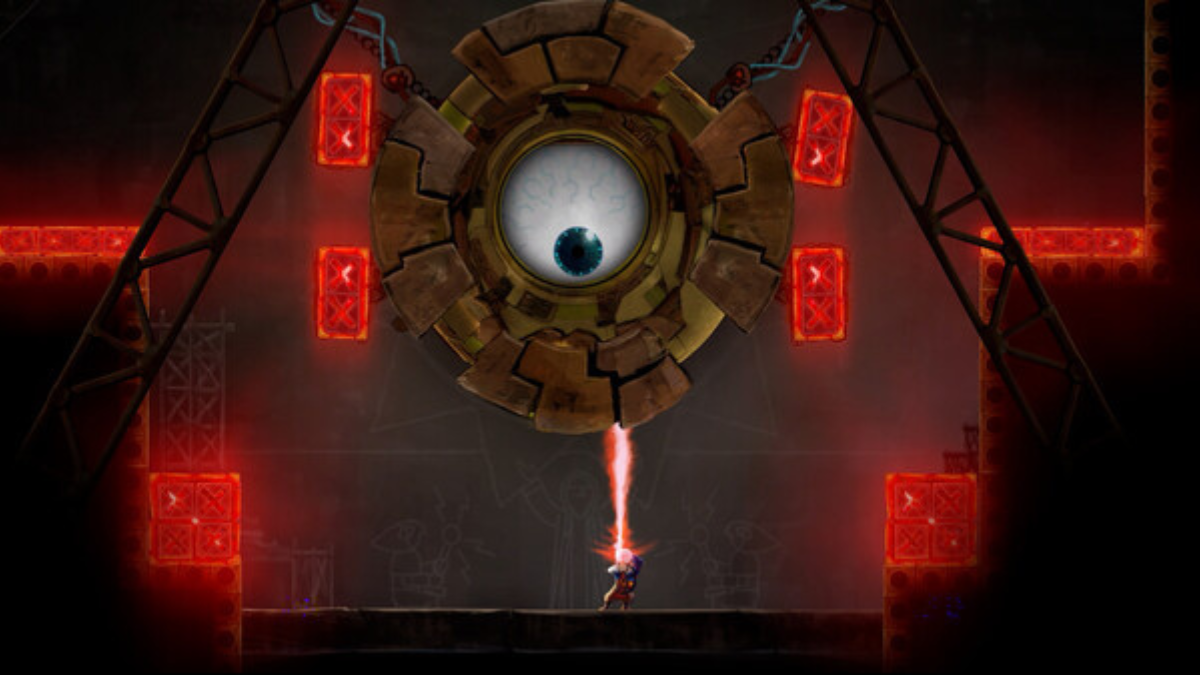
On a macro level, however, the conversation gets less personalized and more philosophical: why do we consume art we dislike? Is the work an unmissable cultural touchstone regardless of its quality? Do we enjoy long-running series because we care about them, or because we have invested our own time and energy into them in the past, thus imbuing them with a deeper meaning? Sometimes, it’s just plain fun to turn off our brain, or watch something so offensively bad that half the enjoyment comes from ripping it to shreds while watching. Other times, the simplest answer is the most likely: we want something to do, something to watch, play, read, or listen to in order to make time pass by, to slightly fill our days, to give us cultural currency in the endless search for connection. Depending on the person, various answers can be equally correct at the same time. That’s the thing with opinions and motivations — everyone has them.
So, yes, this is a piece about Teslagrad Remastered written by a critic who uses their love of the medium to confirm that, as a video game, it falls short of being great because of poor controls, a questionable physics system, and frustrating design choices. It’s also written by a soured Teslagrad fan, someone enamored by the world and concept who was let down by the lesser quality, lack of narrative cohesion, and nonexistent desire to explore its own (very, very minimal) themes. The writer is also an artist, who understands that no one makes anything with the intention of it being lackluster, and also someone who wanted to be distracted, someone who wanted to be challenged, someone who wanted to rediscover joy in games.
Teslagrad Remastered did not cure my art slump as I had hoped, and the release of Tears of the Kingdom looms overhead. I might be disappointed by the experience, but I wouldn’t say playing it was a waste because the game never actively disrespected me. If it had, or disdain outweighed my general “mehness” on it, I would’ve put it down and never thought about it again. Like a lot of art in the world, Teslagrad Remastered simply was — and people will like and dislike it for similar reasons. It’s very possible, likely even, that art will let us down sometimes; the important thing is that we approach the next song, book, film, show, or video game with the same bright-eyed optimism and love as each one before it because this one could be the one to fundamentally change us. We only have to be willing to let it happen.

